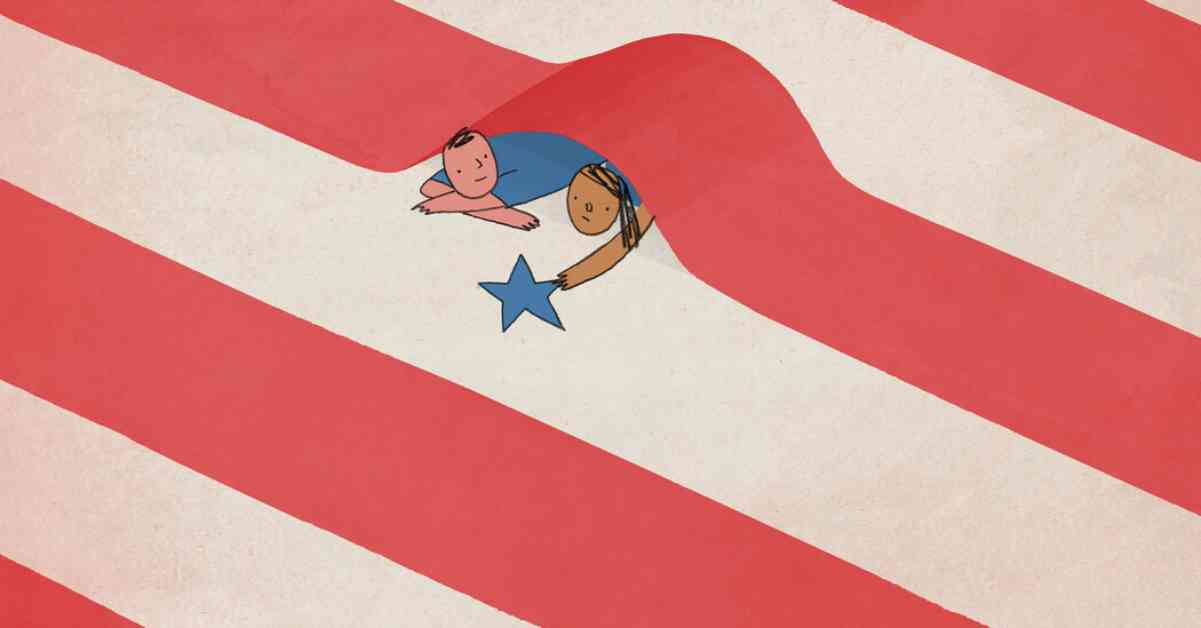In a corner of the United States Citizenship and Immigration Services archives, there may be a document stating that my wife and I met on Tinder in the summer of 2015. Among the files of hundreds of thousands of people welcomed or deported from the U.S. every year, it may or may not be written that her dating profile said “100 percent Latina,” while mine said something cliché like “Traveling nonstop” with mandatory skiing and hiking photos.
Our file, if it still exists, probably details the type of toothpaste we use and which side of the bed we sleep on. It may include a diluted story about our first date, when she thought I was going to pick her up at her house while I impatiently waited for her at the restaurant.
On that first date, I found out that Carolina was from Chile, where I had spent years as a student and later as a teacher a decade earlier, and that she lived with her cousin in the Vail Valley, Colorado, where I also lived. I also learned that she had arrived on a tourist visa but had stayed longer than allowed in a place that she found irresistibly beautiful.
By then, it was late 2015 and the presidential campaign was in full swing, filled with heated debates about immigrants and their future in the United States. According to the slang of the time, Carolina was “illegal.”
Nevertheless, we fell in love.
The first time I proposed to her, over a year after our first date, we were sitting on the leather armchairs in the office of an immigration lawyer we had just met. A few nights before, Donald Trump had won the election. My wife cried. I cried a little too. The fear we felt was strong: we had visions of Immigration and Customs Enforcement raids, separation, barbed wire, bus journeys to a place that wasn’t even her place of origin. I am the son and grandson of Holocaust survivors, so I carry all the spiritual baggage of Nazi Germany. The echoes of that unbearable persecution haunted me greatly.
Our love story, born out of a Tinder match, was now intertwined with the complexities of immigration policies and political turmoil. Despite the challenges and uncertainties that lay ahead, our commitment to each other remained steadfast.
As we navigated the legal process of adjusting her immigration status, we were faced with paperwork, interviews, and long waiting periods. But through it all, our bond grew stronger, fueled by love, determination, and shared experiences.
In the end, after much anticipation and anxiety, Carolina was granted permanent residency in the U.S. Our journey, from a chance encounter on a dating app to overcoming immigration obstacles, had brought us closer together and solidified our relationship.
Our love story, like many others, is a testament to the power of love to transcend borders, obstacles, and challenges. And as we look towards the future, we do so with hope, resilience, and a deep appreciation for the journey that brought us together.


















